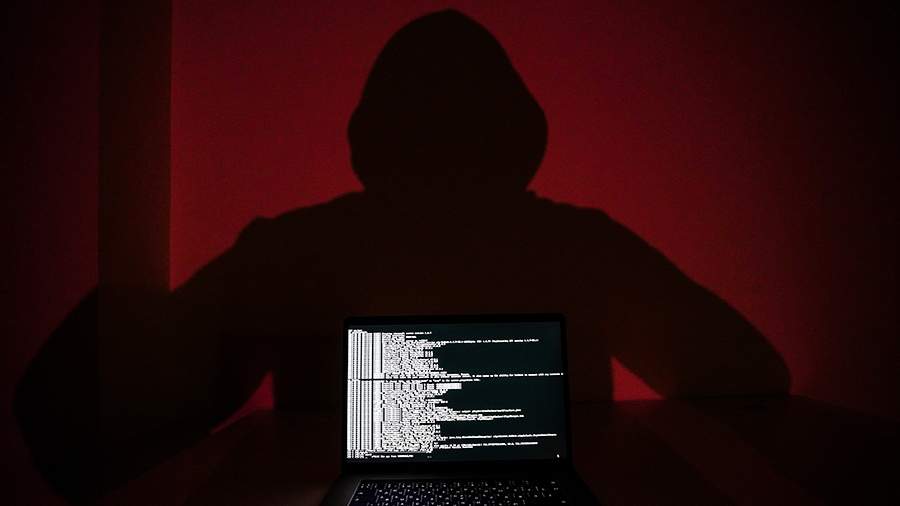Russians named common types of fraud

Among the Russians surveyed, 11% of respondents faced fraud related to fake invitations to house chats via QR codes. This is one of the new methods of deception that allows you to steal the victim's personal data, including hacking her Telegram account. This is stated in the results of a survey conducted by the financial marketplace <url>, which was reviewed by Izvestia on March 7.
In addition to fake house chats, 7% of respondents received fake QR codes to pay for goods and services online, and 4% encountered fake bills for housing and communal services with fraudulent codes. Another 3% reported other types of QR code fraud. At the same time, 67% of respondents said they had not encountered such threats, and 8% admitted that they realized during the survey that they had been caught in such a scam, but at that time did not understand what had happened.
Experts noted that 46% of respondents reported QR code fraud last year. Also, respondents most often complained about fraud calls convincing them to generate a QR code for cash withdrawal (15%), whereas this year none of the survey participants highlighted this type of deception. In addition, there were no complaints about fake house chats in 2024, but respondents were almost three times more likely to encounter receipt fraud (11%).
"The survey clearly demonstrates that fraudsters are adapting to the digital environment and finding new ways to cheat. Of particular concern is the fact that 7% of respondents, after reading the survey, began to doubt whether they had fallen for the tricks of intruders. This indicates a high level of hidden risk — victims do not always realize in time that they have become the target of a fraudulent attack," said the director of the Communications policy department of the financial marketplace "Choose.<url>" by Anna Romanenko.
She stressed that it is important to check the sources of information, whether it is an advertisement in the entrance, a suspicious payment document or a seemingly harmless QR code.
Earlier, on February 27, it was reported that online scammers began to create scam resources before the Oscar ceremony in order to steal data and money from moviegoers. According to Kaspersky Lab, in order to watch films nominated for the prestigious award for free this year, the attackers asked potential victims to perform certain actions, as a result of which the scammers could find out payment details.
Переведено сервисом «Яндекс Переводчик»

